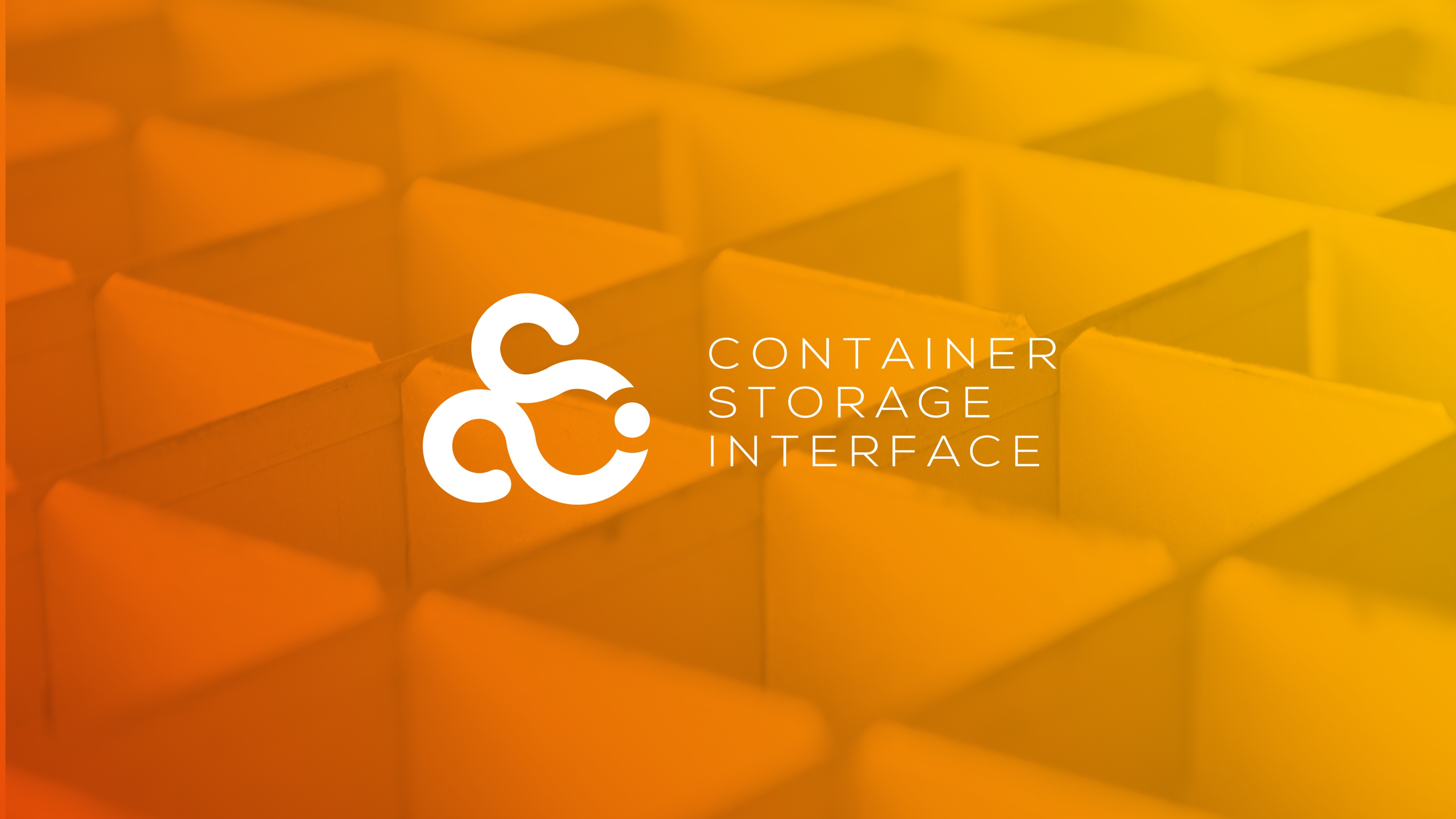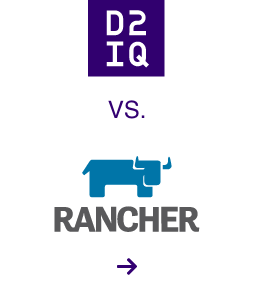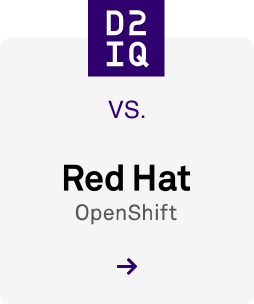With the
introduction of the
Container Storage Interface earlier in 2017, a journey began towards providing a unified model for enabling storage providers and vendors to easily integrate with the leading Cloud Native platforms, such as Cloud Foundry, DC/OS (Mesosphere), Docker, and Kubernetes. The CSI project not only enabled orchestration platforms to have a standardized interface, but allowed the storage vendors themselves to develop just once and integrate with all the platforms with minimal development. This flexibility provides developers and administrators the ability to have a broad selection of storage providers for their cloud-native infrastructure deployments.
As the CSI spec stabilized, our friends over at
{code} began the effort of enabling their
REX-Ray plugins to fully support the CSI spec. During this time, Mesosphere also began to create a CSI plugin to fill in a gap in the community: to enable microservices and data-services to access durable local storage more effectively.
At Mesosphere, we looked towards our installed base of customers, whether they were running microservices based on
Marathon,
Kubernetes,
fast-data or
SMACK stack, we heard loud and clear that our customers want the choice of implementing durability and availability at both the storage and application tiers. For example, they want to choose to have data replication performed by the application or the storage provider. For those who chose to provide replication at the application level, a simpler method of storage is required, one that provides a basic volume and durability against local failures, like disk failures. Thus, today we are
open sourcing our CSI plugin, which leverages Linux Volume Manager (LVM) to provide volumes to the container orchestrator.
Linux Volume Manager, a standard component of linux distributions, enables administrators and cluster operators to provide data protection via RAID and carve up their volume groups into volumes for the smallest of short lived containers or the largest of databases. This flexibility is very helpful to admins whether they need a bit of ephemeral scratch space or persistent storage for a stateful workload.
At this point you may be asking yourself, How can I get involved? There are a couple of easy ways:
- Join the CSI Community via Google Groups.
- Read up on on the CSI Spec on GitHub. Let us know what you need, what is missing, make comments, and suggest improvements.
- Join the bi-weekly CSI community meetings.
- Grab the CSI LVM plugin and let us know what you think.
Mesosphere is committed to enabling cloud native ecosystem choices. Today's introduction of the CSI plugin, is yet another step towards enabling our customers to deploy the applications they build, allocate the resources they need, and store their data as they see fit.










